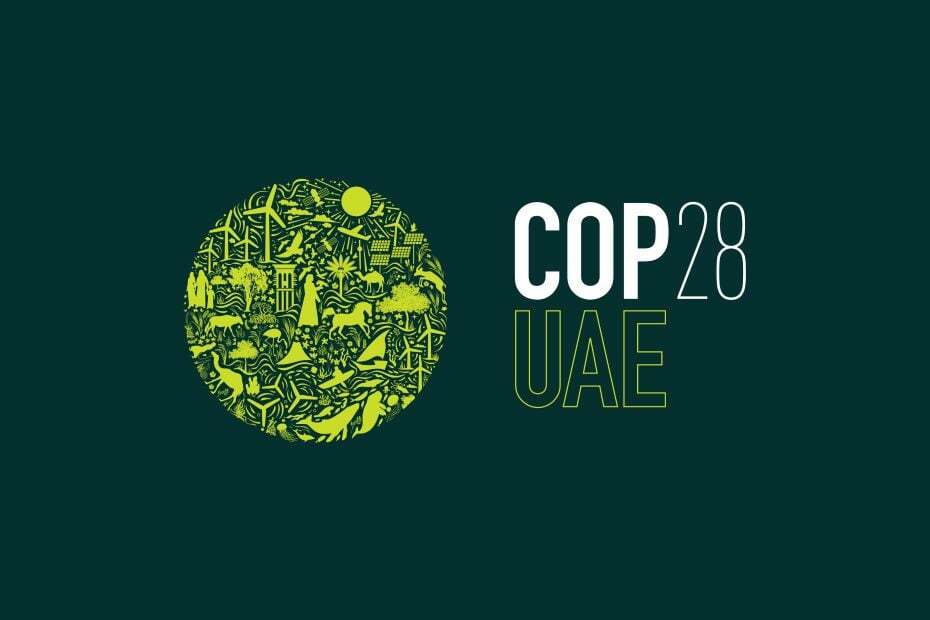Road to COP28. How can we achieve sustainability in gas processing and liquefaction?
In gas processing plants, focus should be set on non-flaring operation and reduction of releases caused by leaks, says Dr Heinz Bauer, IIR expert.
Road to COP28: IIR interviews experts on sustainable refrigeration
|
As stated by the UN Environment Programme, the refrigeration sector is becoming a global priority. The 2023 UN Climate Change Conference will take place in Dubai, United Arab Emirates (UAE) from November 30 to December 12. Sustainable cooling will be the focus of COP 28 as one of the key solutions to tackle climate change. The IIR will be partnering with UNEP’s Cool Coalition and several other organisations to deliver a “Global Cooling Stocktake report” program promoting sustainable cooling. In the run-up to COP28, the IIR features the views of experts on sustainability in various areas of refrigeration in its monthly newsletter. |
In over 40 years of experience, Dr Bauer has seen the meaning of sustainability change during the last decades. Indeed, chlorofluorocarbons (CFCs) and halons were the first chemicals to be regulated when the Montreal Protocol on Substances that Deplete the Ozone Layer was adopted in 1987. Replacing CFCs, R22 and other HCFCs had a significant impact on process plant designs. Dr Bauer adds:"Today the global warming potential (GWP) of any type of fluid releases establishes a major challenge, which needs to be implemented in the process concept from ground up.”
Find out more about the Montreal Protocol on substances that deplete the ozone layer
Priorities and barriers to achieve sustainability
To achieve sustainability in gas processing and liquefaction, Dr Bauer believes that “beyond the use of low GWP refrigerants a special focus should be set on non-flaring operation and reduction of releases caused by leaks”. “These aspects are more promising in comparison to further increasing thermodynamic efficiency, which has been pushed to the limits of economic viability already.”, he says.
Cost appears to be the main barrier to overcome as “sustainable process plants are expensive in the short sight.” Dr Bauer suggests that “support from the government is required by strict taxation of harmful emissions. Also, more awareness of the need for a circular CO2 economy is requested sponsoring CO2 utilization in parallel to CO2 sequestration.”
Key technologies on the road to sustainability
According to Dr Bauer, mechanical drives for large refrigerant compressors using industrial type gas turbines have been state-of-the-art for decades. All-electric drives with power generated in combined cycle power plants or - even better - using renewable power reduce the carbon footprint of large LNG plants significantly. Refrigeration and process heating can be integrated more efficiently using advanced high temperature heat pumps with a usable temperature level of 400 K.
What about low- and middle-income countries?
Dr Bauer suggests that developing countries take one step beyond solar furnaces using solar power for cooking. Standardised and mass-produced mini power plants based on solar or wind energy can contribute to eliminate the massive use of coal or wood (charcoal) for power generation.
Member of the IIR A2 commission on “Gas liquefaction and separation”. Technology Advisor on LNG & Natural Gas.
Dr Bauer has 40 years of experience dealing with cryogenic process plants including natural gas processing and liquefaction as well as synthesis and cracked gas processing.
Disclaimer. The opinions presented in this article are those of the expert(s) and do not necessarily reflect the official position of the IIR.

